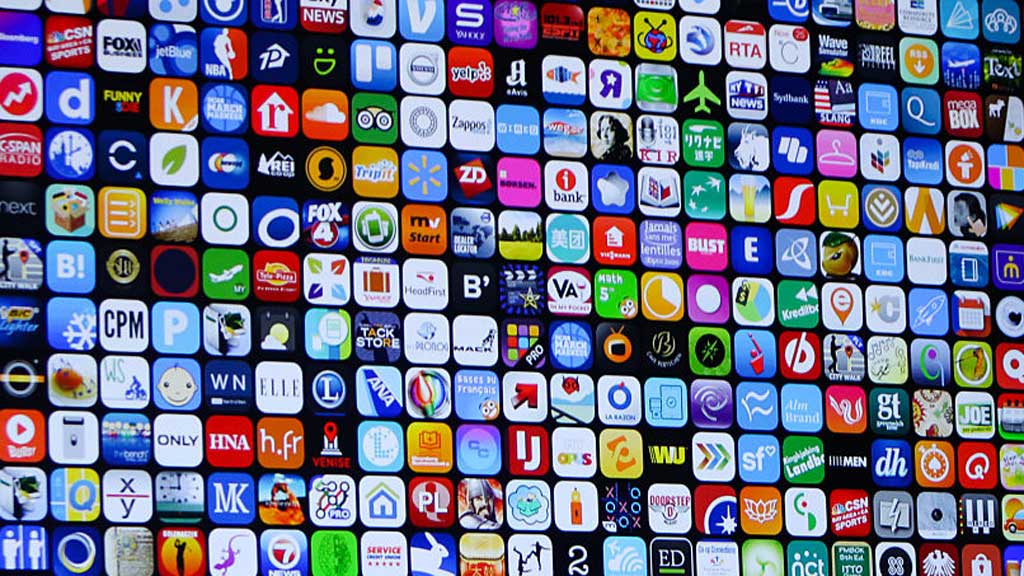Many people don’t realize it but nearly all apps store unnecessary data about them and over 70% of mobile apps share user data with third parties. This can have a huge impact, leading to people having huge profiles on them ranging from what music they listen to, their name and address, and health data, to where they ate for lunch last Tuesday.
Many people are ready and willing to make this
compromise though for the many modern conveniences that can be provided all for
free. After all, many people enjoy telling the world what they ate for lunch
last Tuesday and don’t see a problem with this information being out there.
While some would be disturbed to know that all of this info is being picked up
by bots for various uses out of their control, many have simply ceased to care.
And why should we care? After all, it can be very inconvenient at times to
withhold information. If all of your friends post regularly on Instagram, you
would probably be inclined to do the same to be part of the group or increase
self-esteem, even if you know the risks that come with that.
Looking
at current trends, the amount of data being collected will only increase with
time. In fact, in 2018, it was found that data from the past two years
accounted for 90% of all data in the world at that time. That is a staggering
number, and we would be remiss to ignore it. As technologies such as social
networking and the internet of things become more and more intertwined in our
everyday life, it is natural that more of our data would become public in cases
where it could have a benefit to us or the rest of the network.
One of the latest and largest invasions of privacy by a large company is that Tesla’s latest full-self-driving beta is requiring users to consent to the internal cameras in their car being used in the case of an accident. “By enabling FSD Beta, I consent to Tesla’s collection of VIN-associated image data from the vehicle’s external cameras and Cabin Camera in the occurrence of a serious safety risk or a safety event like a collision.” Although not stated directly, the most likely reason this was implemented was to give it evidence against the driver in the case of a collision so that they can fight a case against it being the car’s fault. If this condition on Tesla’s full-self-driving remains in place, it is not unlikely that they could face legal action from those unwilling to give up their privacy in their car. Because the driver-monitoring was not made clear when Tesla owners purchased the package, it is very possible that they could win such a case.
With all
of these concerns, it is vital that we evaluate how much data we are putting out
there and think about the consequences that it may have. I am not trying to
tell you to not be on social media or sign up for that new game that needs your
email and date of birth for some reason, but I do recommend that everyone keeps
their own privacy in mind.
















